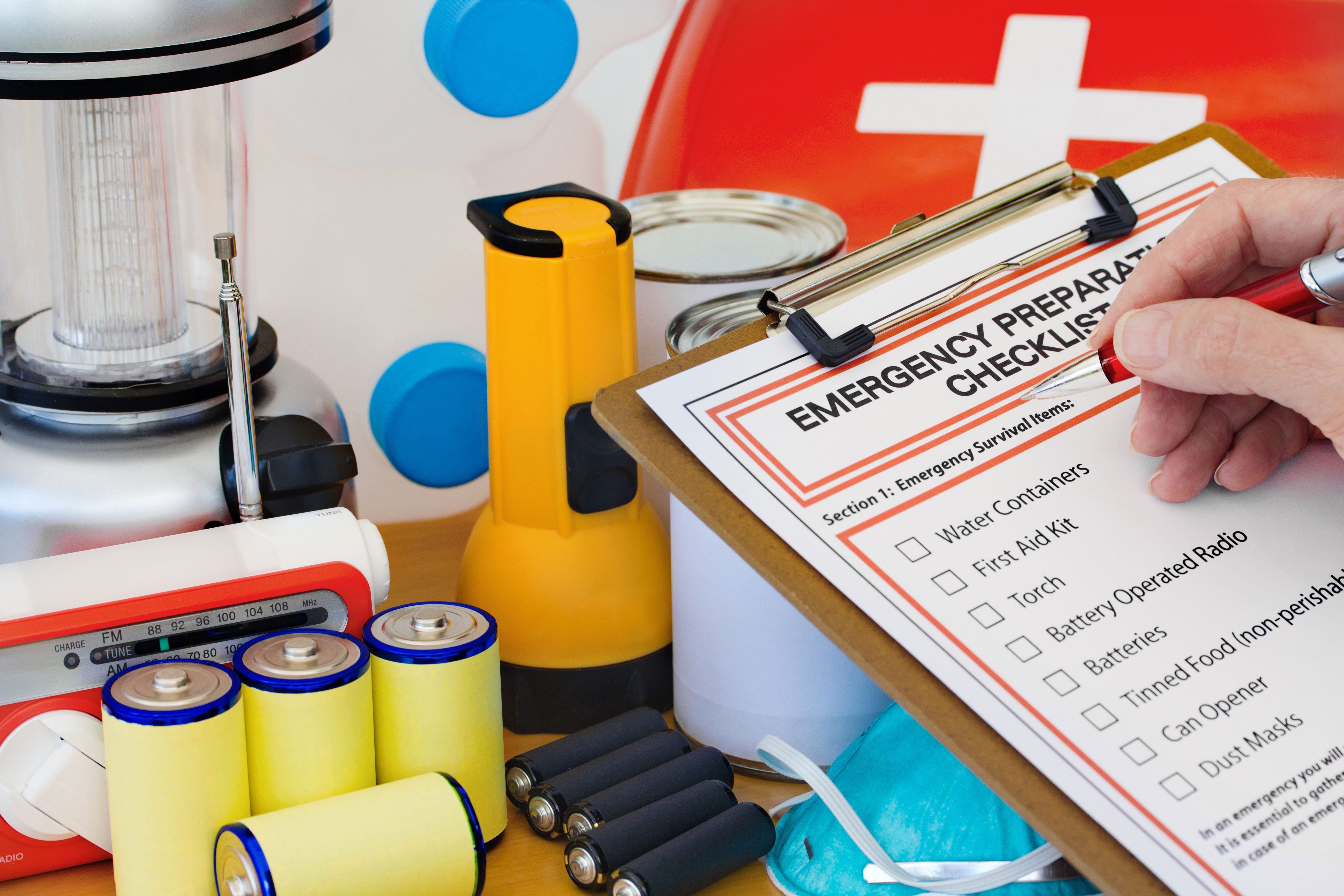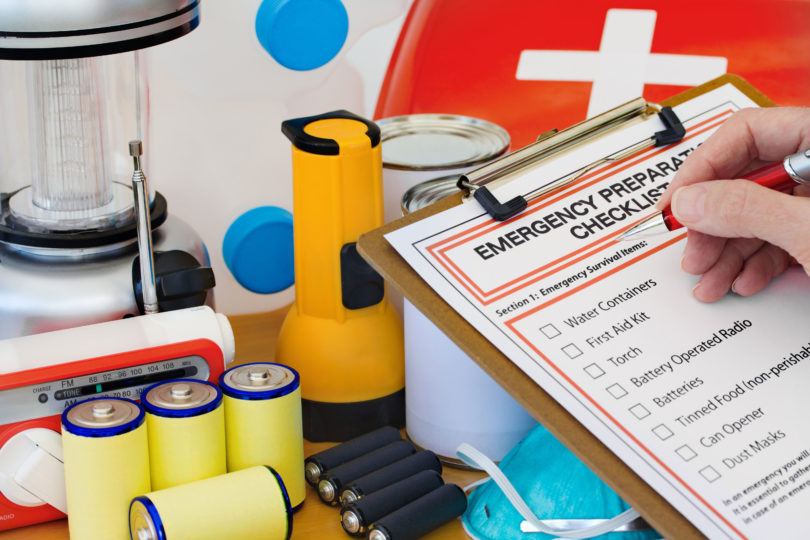 With winter upon us it’s a good time to review your emergency plans and make sure you are prepared to face the challenges severe weather and emergences can present. Remember, you never know when something will strike (like a tornado in Port Orchard!) so it’s best to plan for the unexpected.
With winter upon us it’s a good time to review your emergency plans and make sure you are prepared to face the challenges severe weather and emergences can present. Remember, you never know when something will strike (like a tornado in Port Orchard!) so it’s best to plan for the unexpected.
Severe weather and emergencies such as earthquakes can cause great physical damage and it also often creates health risks due to a loss of power, clean water and other necessities. Food can become difficult to store or cook safely, drinking water hard to come by and homes difficult to heat.
Winter storms can range from moderate snow over a few hours to blizzard conditions with blinding, wind-driven snow or freezing rain and wind that last several days. The time to prepare is before the snow falls or ice forms.
Power outages may mean your refrigerator, stove, or microwave cannot work. When food is not kept cold or is not fully cooked the food can make you sick. More than 250 diseases can be caused by bacteria found in contaminated raw or undercooked food, such as meat, milk, eggs, fish, or shellfish. Keeping these foods cold and cooking them will help prevent foodborne illness.
In an emergency situation where regular water service has been interrupted – like an earthquake, flood, or water pipe breakage – local authorities may recommend using only bottled water, boiled water, or disinfected water until regular water service is restored, or private wells/small public water systems can be disinfected.
For more information about emergency preparedness please visit the following Washington State Department of Health website to download a copy of the Home Emergency Guide. https://www.doh.wa.gov/Portals/1/Documents/Pubs/821-076-Prepare-en-H.pdf
